This research will potentially show a method that may be quicker and better at identifying baseline disease phenotypes to support research and clinical trials.
Cambridge-led retrospective natural history study funded by the Hereditary Neuropathy Foundation identifies MTRFR/C12orf65 deficiency with a method to improve diagnosis, patient care, and therapy development.
At the Department of Clinical Neurosciences, University of Cambridge Rita Horvath, MD, PhD (Director of Research in Rare Neurogenetic Diseases) has opened a study collecting retrospective data on rare disease patients to assist the Hereditary Neuropathy Foundation (HNF), and its Therapeutic Research In Accelerated Discovery (TRIAD) research partners to advance a gene therapy to treat these patients with MTRFR/C12orf65 deficiency, a rare Charcot-Marie-Tooth disease.
MTRFR/C12orf65 deficiency is a rare complex axonal hereditary motor neuropathy that presents with a series of diseases that cause blindness and cognitive impairment. MTRFR/C12orf65-related disease may result in CMT6, Leigh Syndrome, Spastic Paraplegia-55, Behr Syndrome and COXPD.
Dr. Horvath and her research team developed a retrospective natural history study to collect and review the symptoms of patients who have a genetic defect in the MTRFR/C12orf65 gene.
“We felt it was vital to identify as many patients as possible to learn as much as we can about this variant of CMT and to enable a better understanding of the disease. So far, Dr. Horvath’s method has identified 33 patients who were previously reported with MTRFR/C12orf65 deficiency internationally”, says Allison Moore, CEO, HNF
“By using Dr. Horvath’s method, perhaps we can find additional patients in the US, UK and worldwide, which has been extremely difficult. Patients are most likely not getting diagnosed due to the vast genetic testing panels, which may or may not include these genes. Furthermore, neurologists and other medical practitioners would not typically know how to order the appropriate test.
“It is our hope that our approach will enable a more robust characterization of the disease caused by MTRFR/C12orf65 mutations. We are looking forward to seeing as many patients as possible with this condition worldwide. The final aim of our study is to use the data to develop new treatments for this progressive neurodegenerative condition” says Rita Horvath, MD, PhD.
Patients will also be invited to enroll in the HNF patient registry, Global Registry for Inherited Neuropathies (GRIN). The registry’s goal is to acquire, record, and analyze patient-reported data and associated genetic reports, Electronic Health Records (EHRs) and clinical notes to identify the burden, diagnostic journey, and prevalence of disease that will aid scientists in their work toward finding a cure.
The data collected has helped HNF and its partners in industry, academia, and government identify previously unknown genotype/phenotype correlations, uncover important comorbidities such as pain or respiratory issues, and target research spending based on actual patient need and likelihood of success. By including patients with MTRFR/C12orf65-related disease, additional data will be captured to gain more insight on direct patient and caregiver reported outcomes for research and clinical trials.
Since whole genome sequencing (WGS) is more commonly becoming ‘standard of care’ in the first-line diagnosis of neurogenetic disease including mitochondrial disease and CMT, we predict that WGS will identify more patients with MTRFR/C12orf65 deficiency, even with less characteristic phenotype.
To support patient diagnosis, HNF’s CMT Genie was developed to assist patients and healthcare providers access to affordable options for genetic testing.
If you think you or a family member might have MTRFR/C12orf65 deficiency you can contact HNF for genetic testing. If you have MTRFR/C12or65 deficiency and would like to participate in Dr. Horvath’s research, please contact the study team directly.
Email: [email protected]
Tel: +44 (0)1223 33150





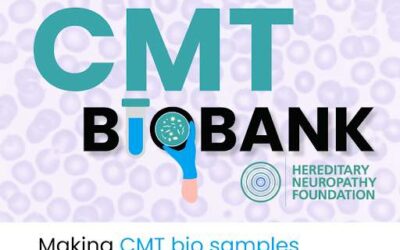
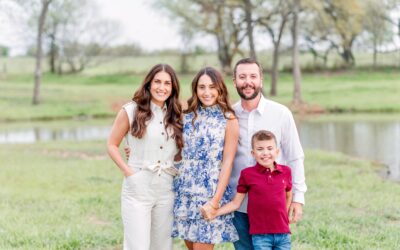
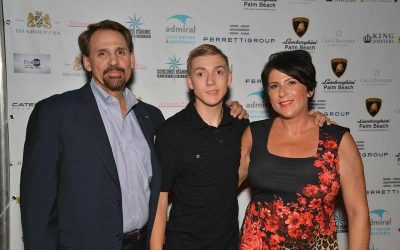

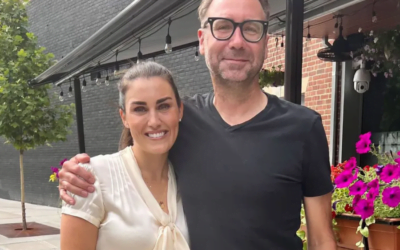
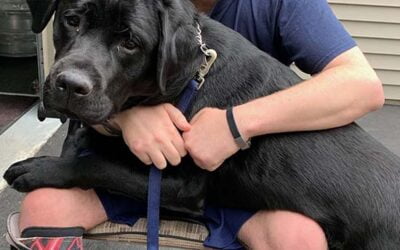
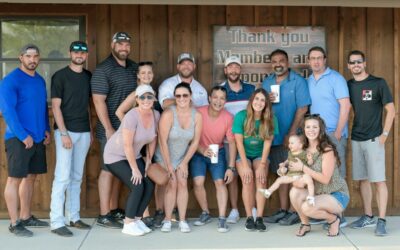


0 Comments